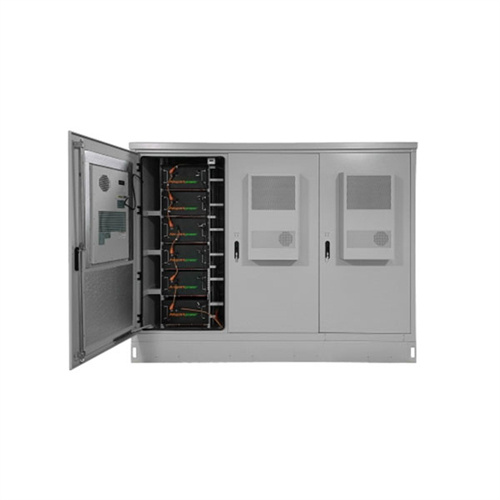About Athens capacitor energy storage price
As the photovoltaic (PV) industry continues to evolve, advancements in Athens capacitor energy storage have become critical to optimizing the utilization of renewable energy sources. From innovative battery technologies to intelligent energy management systems, these solutions are transforming the way we store and distribute solar-generated electricity.
When you're looking for the latest and most efficient Athens capacitor energy storage for your PV project, our website offers a comprehensive selection of cutting-edge products designed to meet your specific requirements. Whether you're a renewable energy developer, utility company, or commercial enterprise looking to reduce your carbon footprint, we have the solutions to help you harness the full potential of solar energy.
By interacting with our online customer service, you'll gain a deep understanding of the various Athens capacitor energy storage featured in our extensive catalog, such as high-efficiency storage batteries and intelligent energy management systems, and how they work together to provide a stable and reliable power supply for your PV projects.
Related Contents
- Athens capacitor energy storage materials
- Luxembourg city energy storage capacitor price
- Finland capacitor energy storage machine price
- Beiya energy storage capacitor price
- Italian energy storage capacitor wholesale price
- Ouagadougou athens mobile energy storage
- Athens portable energy storage power supply
- Athens grid energy storage materials
- The core of energy storage is capacitor
- Capacitor energy storage welding control
- What is the switch for capacitor energy storage


